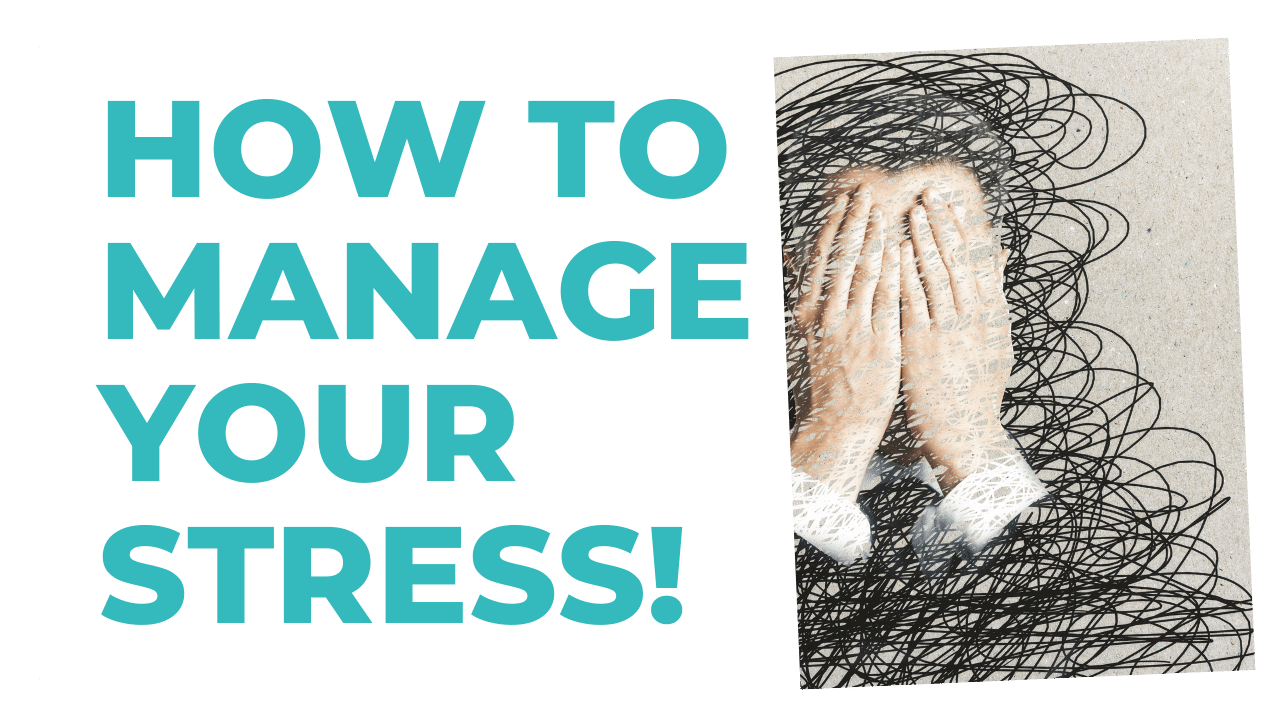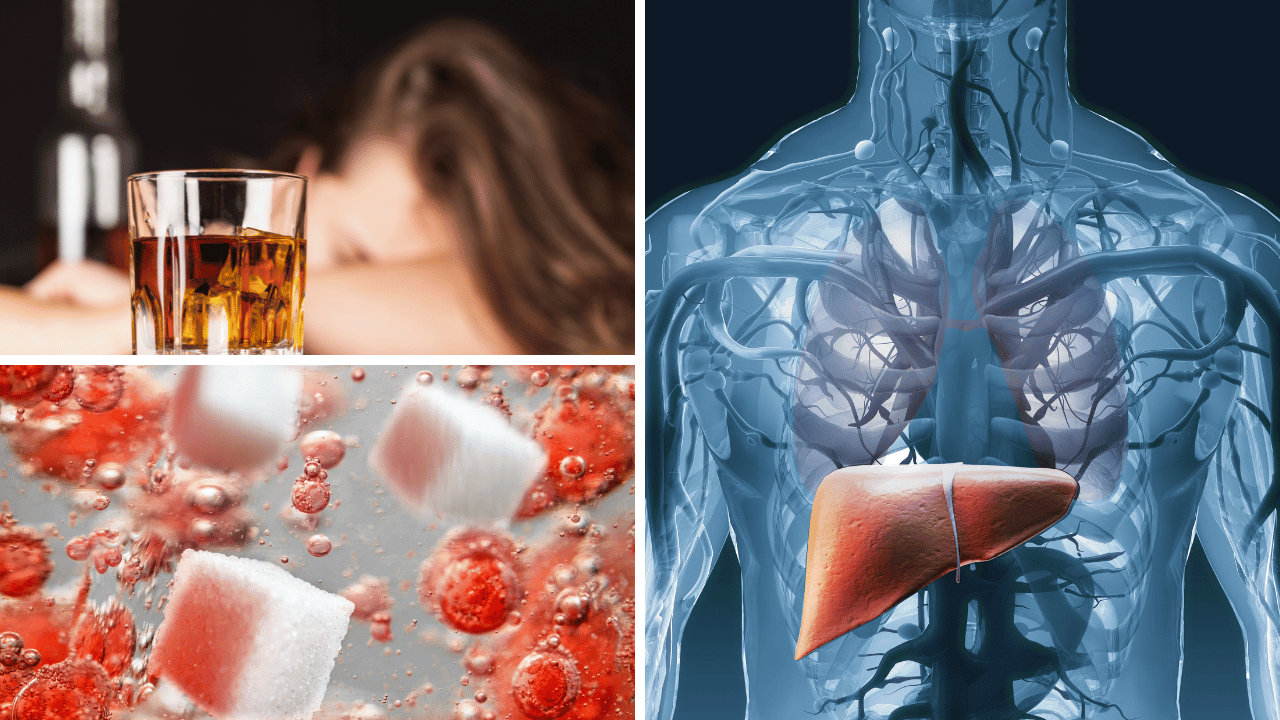Ever felt like your brain was a boiling pot on a high-burner stove, stress bubbling over the edges? Well, who hasn't? But here's a secret - there's a simple, scientific way to turn down the heat.
Mindfulness. Yes, that age-old practice that monks have perfected for centuries has now taken center stage in neuroscience and psychology. And it's not just for the spiritual or the enlightened - it's as practical as tying your shoelaces. Maybe even easier!
Imagine being able to flip a switch in your mind, instantly transforming a torrent of stress into a trickle. Sounds like magic, right? It's not. It's science. And it's all about awareness.

The Secret Sauce: Awareness
Awareness is like a superpower. It allows you to see what's happening in your mind and body without getting caught up in it. Ever watched a horror movie and felt your heart race, even though you knew it was just a movie? That's a lack of awareness.
Mindfulness builds awareness. It's like a mental workout, strengthening your ability to observe without reacting. It's like becoming a Jedi of your own mind.
Here's where most people stumble. They think mindfulness means sitting in a lotus position for hours, chanting 'Om'. Not quite.
You can practice mindfulness anywhere, anytime. It's as simple as focusing on your breathing or noticing the sensation of your feet hitting the ground as you walk. Even washing dishes can be a mindfulness exercise! I can attest...
Your Breath: The Gateway to Mindfulness
Your breath is like a portal to the present moment. It's always with you, and it's always happening NOW. By focusing on your breath, you anchor yourself in the present - the only place where life actually happens.
So next time you're feeling stressed, pause. Take a deep breath. Notice how it feels as it enters your nose, fills your lungs, and exits again. Congratulations, you've just practiced mindfulness!
The Mind-Body Connection: Your Secret Weapon Against Stress
Your body is like a stress-meter. It shows you exactly how stressed you are - if you know how to read it. That tightness in your chest? That's stress. The knot in your stomach? That's anxiety.
Mindfulness helps you tune into these signals. By noticing these sensations without judging or trying to change them, you can actually reduce their intensity. It's like turning down the volume on your stress.

Let's Get Physical: Mindful Movement
Who said mindfulness had to be sedated? You can practice mindfulness while moving too. Yoga, Tai Chi, even walking - all of these can be mindful activities. The key is to focus on the sensation of movement, rather than getting lost in thought.
So next time you're jogging, try this: instead of listening to music or planning your day, pay attention to the sensation of your feet hitting the ground, the rhythm of your breath, and the wind on your face. You might be surprised at how different it feels!
The Power of Now: Why Mindfulness Works
Have you ever noticed how most of your stress comes from worrying about the future or regretting the past? Well, mindfulness yanks you out of this time-traveling habit and plants you firmly in the now. And guess what? Right now, in this moment, there's no stress. There's just life, happening one breath at a time.

What are the symptoms of excessive stress?
Excessive stress can cause both physical and emotional symptoms including headaches, muscle tension, chest pain, fatigue, changes in sex drive, upset stomach, insomnia, anxiety, restlessness, lack of focus, irritability, depression, and social withdrawal.
What is the first step to handling stress?
The first step to handling stress is to acknowledge it. Recognize the signs, such as feelings of overwhelm or anxiety. Then, identify its source. Understanding what's causing your stress is key to addressing it effectively.
What are 3 positive methods of managing stress?
Three positive methods of managing stress include regular physical exercise which boosts mood, practicing mindfulness or meditation to promote calmness, and maintaining a balanced diet to support overall health.
What are unhealthy ways to deal with stress?
Unhealthy ways to deal with stress include overeating or undereating, excessive drinking or substance abuse, withdrawing from social interactions, oversleeping or not sleeping enough, and resorting to aggressive behaviors.
Which foods should people try to avoid eating to help reduce their stress?
Avoid caffeine, alcohol, and added sugars as they can increase stress levels. Processed foods and those high in trans fats can also negatively impact mood and energy, contributing to stress.

May we say in conclusion...
Mindfulness - the art of being present. The science of stress reduction. The secret sauce to a happier, healthier life. All wrapped up in one simple, do-anywhere practice. Now, isn't that a breath of fresh air? 👇











